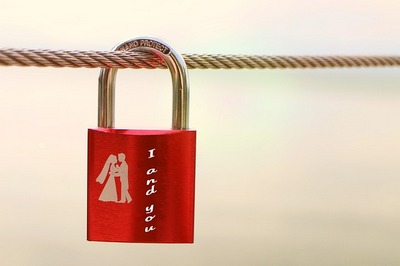Tag Archives: china
Is China’s economic domination coming to an end?
I follow news from all over Asia. Primarily, I pay attention to all the news happening in Japan, from the goofy stuff to the serious headlines. But the world is so interconnected these days, that Japan can easily be affected by news developments — political, economic, cultural — in other parts of the globe, and […]
Ron Paul supporter posts online ad attacking Jon Huntsman for “Chinese values”
This is a disgusting bit of race-baiting. Someone claiming to support Ron Paul’s bid for the GOP presidential nomination has posted an attack ad against Jon Huntsman — who frankly isn’t one of the top contenders — that plays up Huntsman’s connections to China. It begins with an ominous challenge asking whether the candidate represents […]
Minn. CBS affiliate WCCO airs erroneous report about Chinese shop selling dog meat; Asians ask for apology and retraction
Last week an over-eager reporter for WCCO, the CBS affiliate in Minneapolis, aired a “gotcha” investigative piece about a local puppy mill that had apparently shipped dogs to a meat shop in New York City’s Chinatown, where the intrepid reporter, James Schugel, got a clerk to say on the record that they do indeed sell […]
Happy Birthday to the Republic of China (that’s Taiwan to you)
Today is the 100th anniversary of the Wuchang Uprising in China, which occurred on October 10, 1911. The date is celebrated annually as Double Ten Day in the Republic of China as the event that marked the end of dynastic rule and the close of the Qing Dynasty. That’s the Republic of China, not the […]
